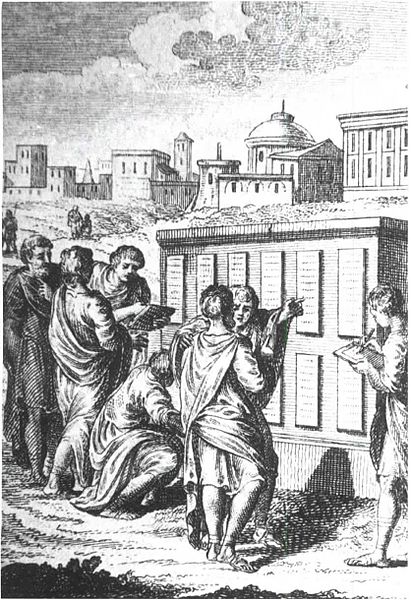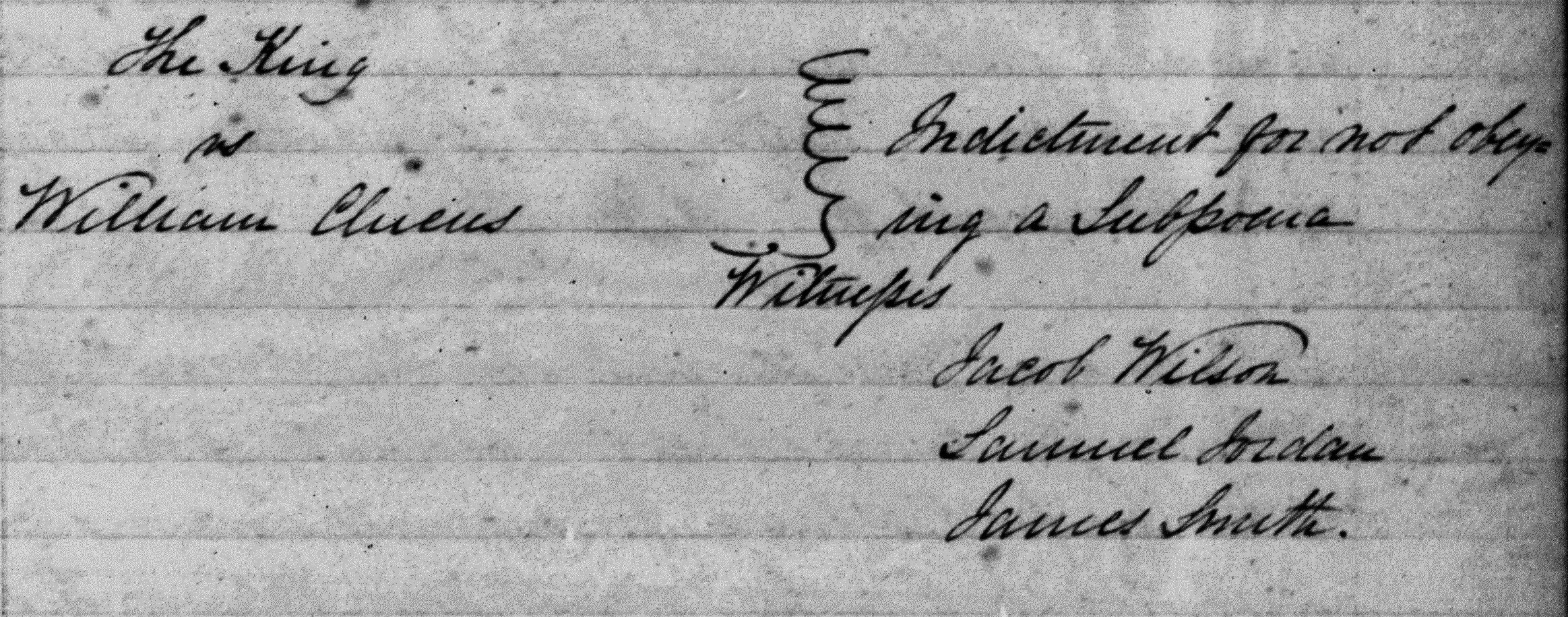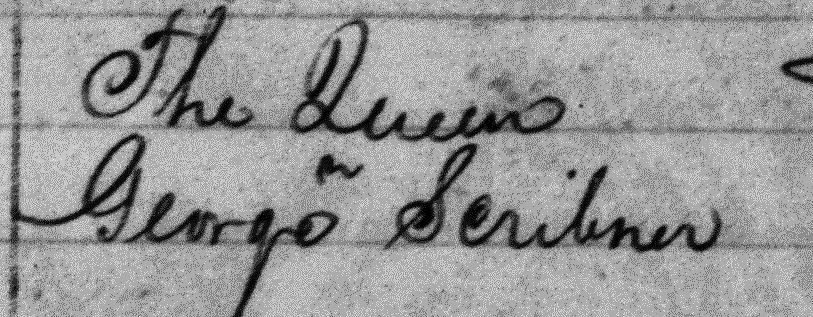- Submitted on
- 2 comments

(Public Domain, Wikimedia Commons)
Legal terms are often difficult enough to understand as it is; when they appear in a dead ancient language, though, it becomes a whole different story. As one of the oldest legal traditions in the history of civilization, the law codes of Ancient Rome have greatly influenced many modern legal systems around the world. At first its laws were founded in custom and religion, governed by edicts of Kings. It was only the 6th and 5th centuries B.C.E, when the Kings were overthrown and Rome became a Republic, that a codified legal system was even needed. The first Roman law code—the Twelve Tables (duodecem tabluae, in Latin) was published c. 450 B.C.E., and was of extreme importance for several reasons: first and foremost, it let everyone (everyone who could read, that is!) know what the laws actually were—previously, they had not been common knowledge. The Twelve Tables were simple though, and as Rome expanded its power and influence, they required modifications: in the 6th century C.E., Emperor Justinian published the Code of Justinian, a complete summation of the law. It was this code that influenced many medieval kingdoms and countries in Europe, and is even reflected in modern law. The New Brunswick Court Records, for instance, shows the effects of Ancient Rome in many ways. The clearest sign of this influence is, of course, the abundance of Latin terms.
There are many Latin terms in legal jargon. Even in nineteenth-century New Brunswick, some of them were so common that they simply became English words themselves! For example, the term “subpoena”. Subpoena is defined as “a writ ordering a person to attend a court”. In Latin, though, it literally defines as “under” (sub) “penalty” (poena), and only originated when Roman magistrates became required to ensure the presence of witnesses and defendant at court: they would therefore implement heavy fines for non-attendance.

“King v. William Clucus: Indictment for not obeying a subpoena. Witnesses: Jacob Wilson, Samuel Jordan, James Smith.”
Another common Latin term that has worked its way into the the Court Records of New Brunswick is “versus” (pronounced wersus, in Latin, but means the same thing in English: against). In the courts of nineteenth-century Saint John, the cases recorded in the general quarter sessions were criminal cases, where it was the sovereign versus the defendant. In Ancient Rome, however, cases were more commonly civil cases, in which case it was a plaintiff versus the defendant.

“The Queen v. [versus] George Scribner”
Sometimes the Latin appears in the court records as short phrases, rather than individual words. Two of the most common examples are often abbreviated: et al. and ex rel..The former, et al., is really et alius, which translates as “and others”. This phrase is used to shorten a list:

“Thomas Harding et al.”
The latter example, ex rel., is really ex relatione, which literally means “from relation”, but can also mean “on behalf of”. It is seen less often in Court Records, but as the image below shows, it still can appear every once in a while:

“Regina ex rel. the Overseers of the Poor for the Parish of Norton”
There are many more terms and phrases that appear in the Court Records now and again, but the English words that derive from Latin words are also very important to consider, especially when it comes to the law. The Latin word for law is “ius, iuris”: as the language changed over time, the “I” at the beginning was turned into a “j”…sound familiar? It should! “jus, juris” is where English gets its words just, justice, and jury. We then can see these words everywhere in the New Brunswick Court Records:

Ancient Roman law is one of the main contributors to modern legal systems. Some of its criminal punishments and severe laws can even be seen in the New Brunswick Court Records (as previously explored in a post on larceny!). The most evident display of its influence, though, is found in the large quantity of Latin that appears in the Records. Check out the Saint John County Court Records located on the 3rd floor of the Harriet Irving Library to learn more!
Cora Jackson is a student assistant for the Microforms Unit at the Harriet Irving Library. She is currently in her fourth year of her Bachelor of Arts degree at UNB in Joint Honours History-Classics (hence her interest in Latin!)

Comments Add comment
Iam confused. So when was "de
De Iure
Add new comment Comments